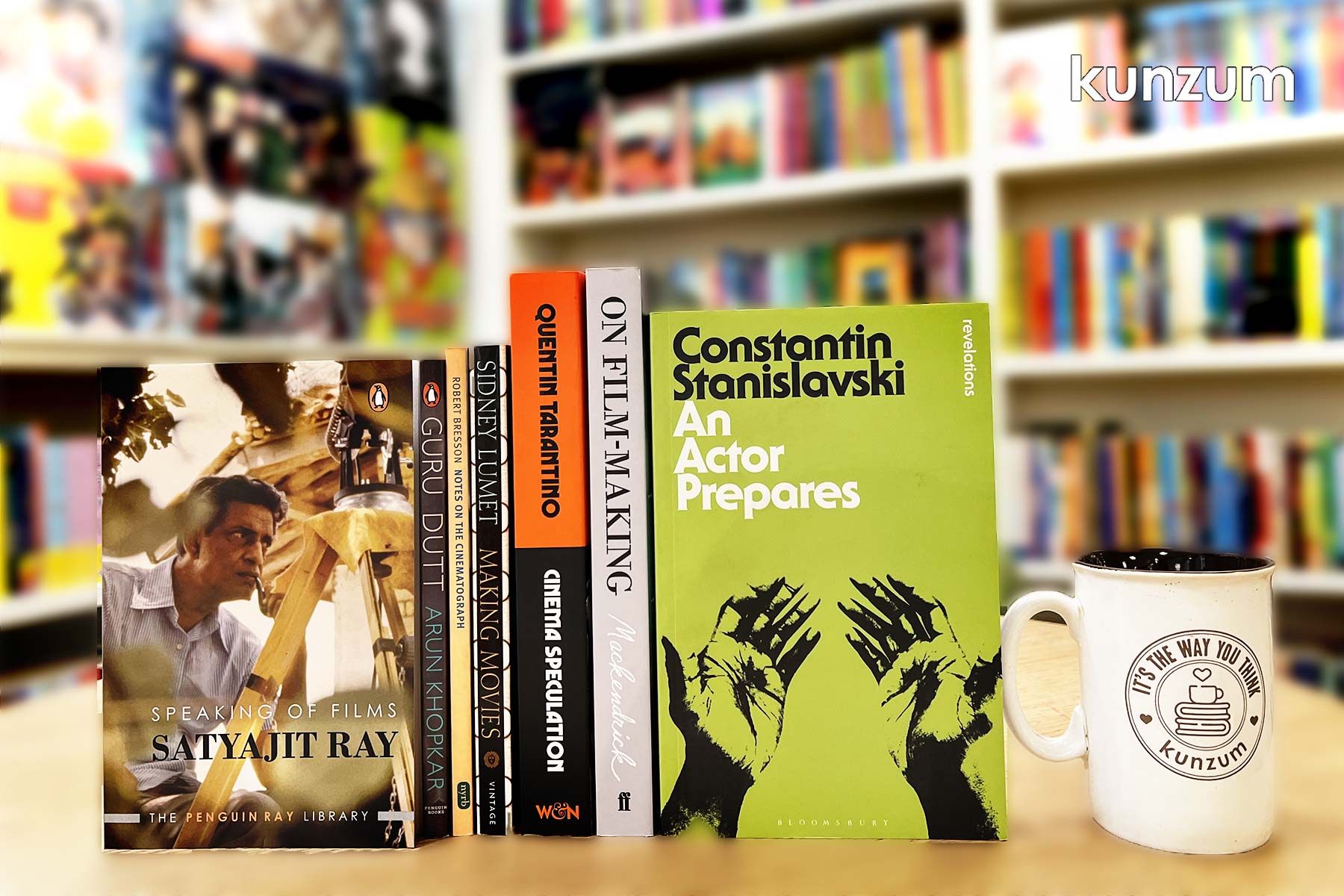
Writing books is one thing, making movies another thing. And writing books about making movies is yet another thing. What does a director think when he’s making a movie? What are the struggles that the directors go through? How does a director choose a certain script? What must they do in order to get the most out of their actors? These and many more questions are answered in the 7 books listed below. Authored by acclaimed filmmakers, these books break down and discuss the filmmaking industry like it has never been done before.
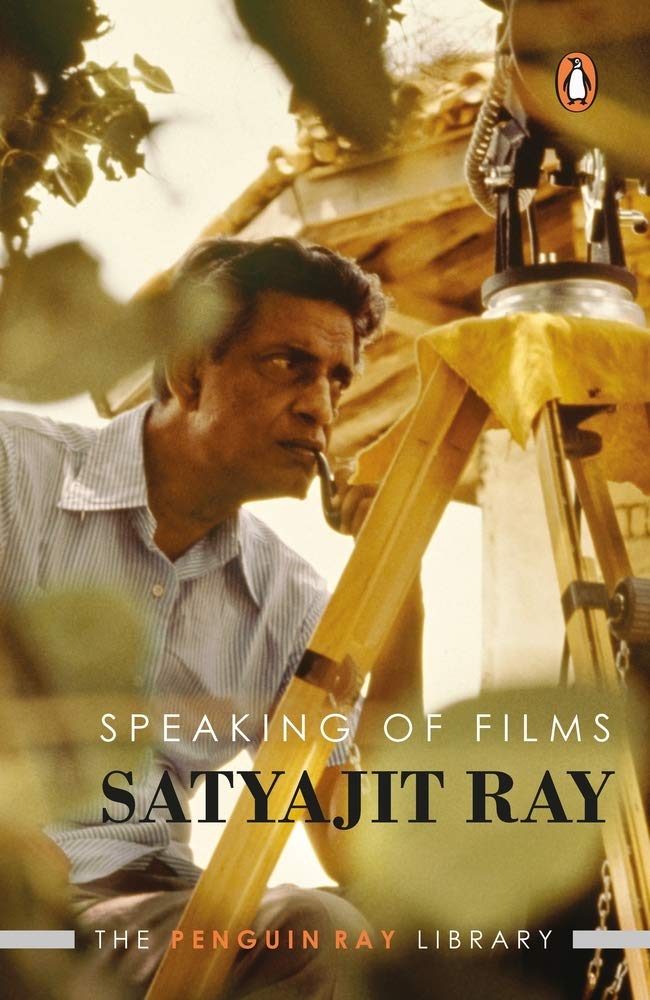
Speaking of Films by Satyajit Ray
After being deeply moved by his reading of Pather Panchali, the 1928 Bengali classic by Bibhutibhushan Bandyopadhyay and his viewing of Bicycle Thieves, Ray determined on becoming a filmmaker and ended up redefining the whole of cinema as we know it.
Apart from his achievements as a director, Ray was also a prolific writer of novels, short stories, and essays on cinema. Speaking of Films brings together some of Ray’s most memorable writings on film and filmmaking, especially those films that were adaptations of his favorite novels by Bibhutibhushan Bandyopadhyay and Tagore.
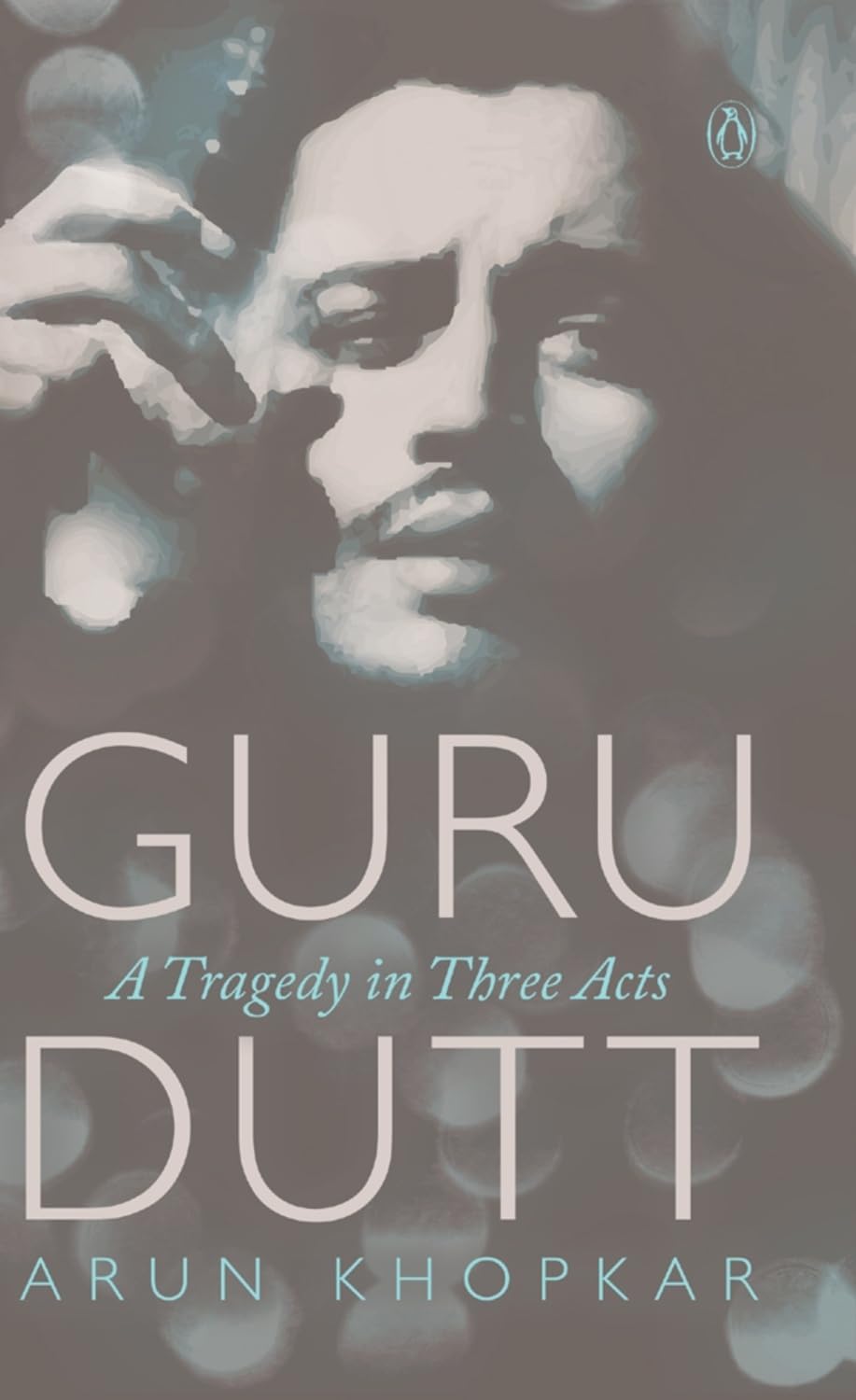
Guru Dutt: A Tragedy in Three Acts
Guru Dutt produced, directed, and acted in the cult Bollywood classic Pyaasa which tells the story of a struggling Urdu poet in a hypocritical society that faces no qualms in immortalizing the dead, but finds it difficult to exalt the living. It explores the nature of a selfishly fickle world which patronizes and abandons art as a trend. This book is a layered portrait of a troubled genius for whom art was not just a thing of beauty but a part of life itself. The original Marathi book won the National Award for Best Book on Cinema in 1986. Guru Dutt truly lived his life like it was art.
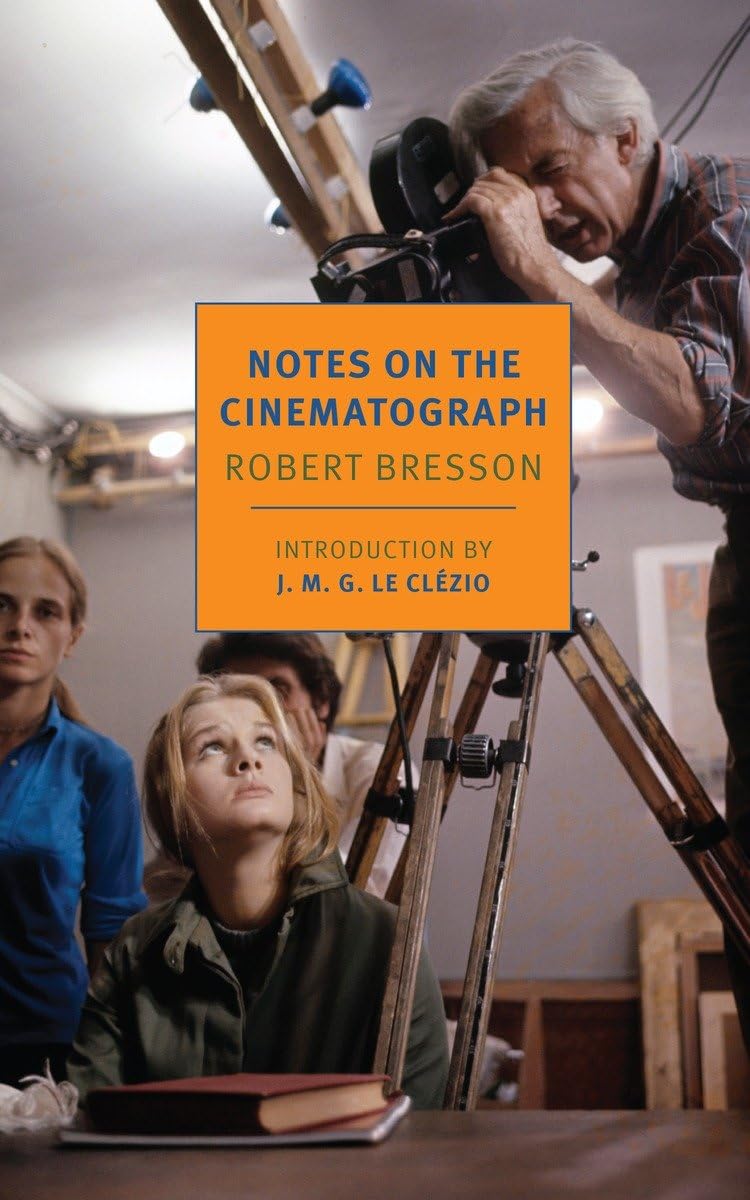
Notes on The Cinematograph by Robert Bresson
“Robert Bresson is French cinema, as Dostoevsky is the Russian novel,” said Godard of Bresson. Bresson’s Notes on Cinematography is filled with short notes, musings, and thoughts on the art of cinematography which to Bresson is nothing but an attempt to photograph theater. Each word weighs heavy, Bresson’s explains in one line what most can’t through a hundred. Published by New York Review of Books, this is a marvelous wonder of a work.
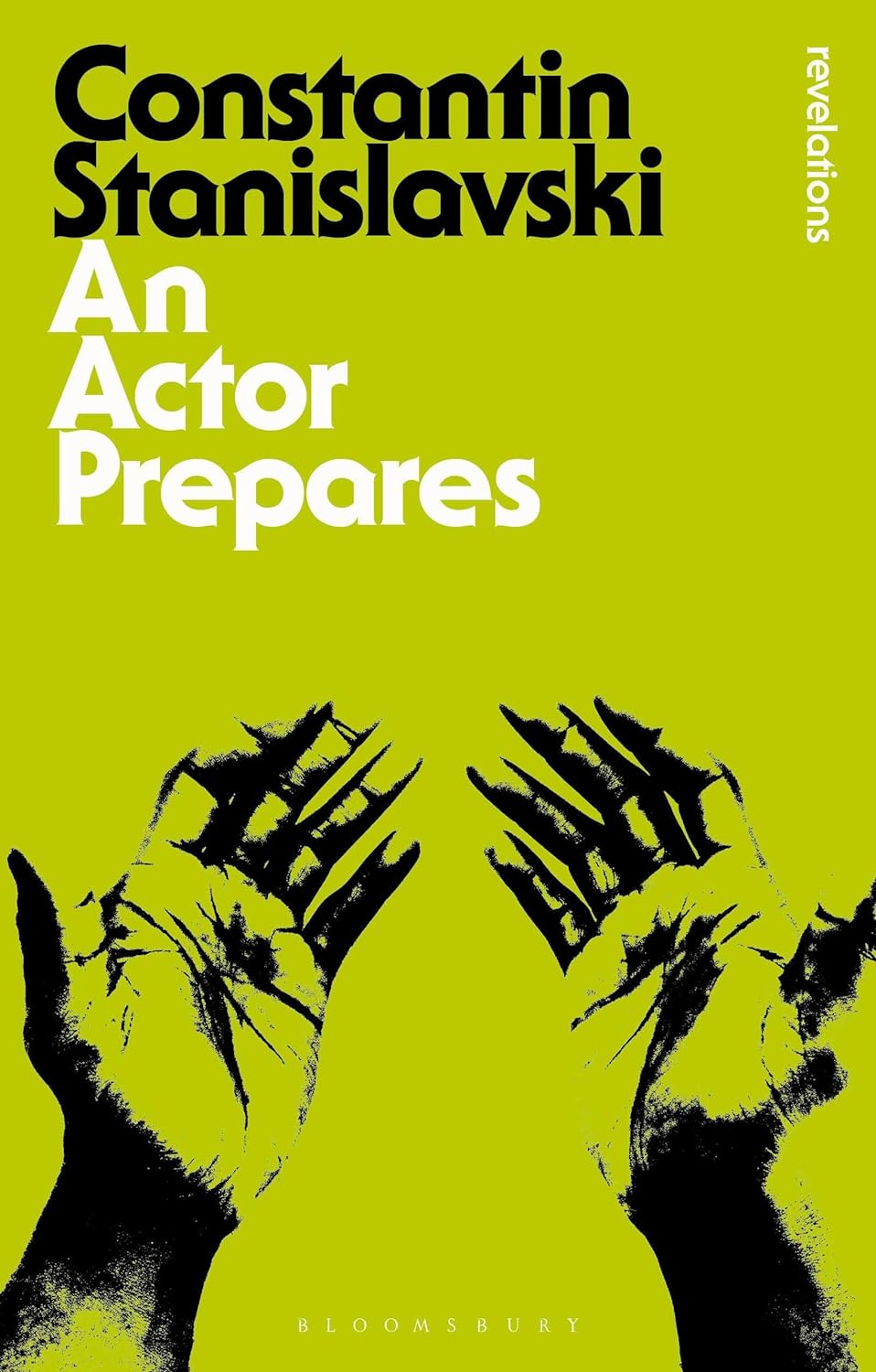
An Actor Prepares by Constantin Stanislavski
This is the Bible for any Actor. Stanislavski’s simple exercises fire the imagination, and help readers discover how to imitate reality. By talking of a sense of psychological realism which an actor has to be immersed in Stanislavski led the masses towards Method Acting. Almost all actors employ Stanislavski’s concepts without knowing they do. This is a classic.
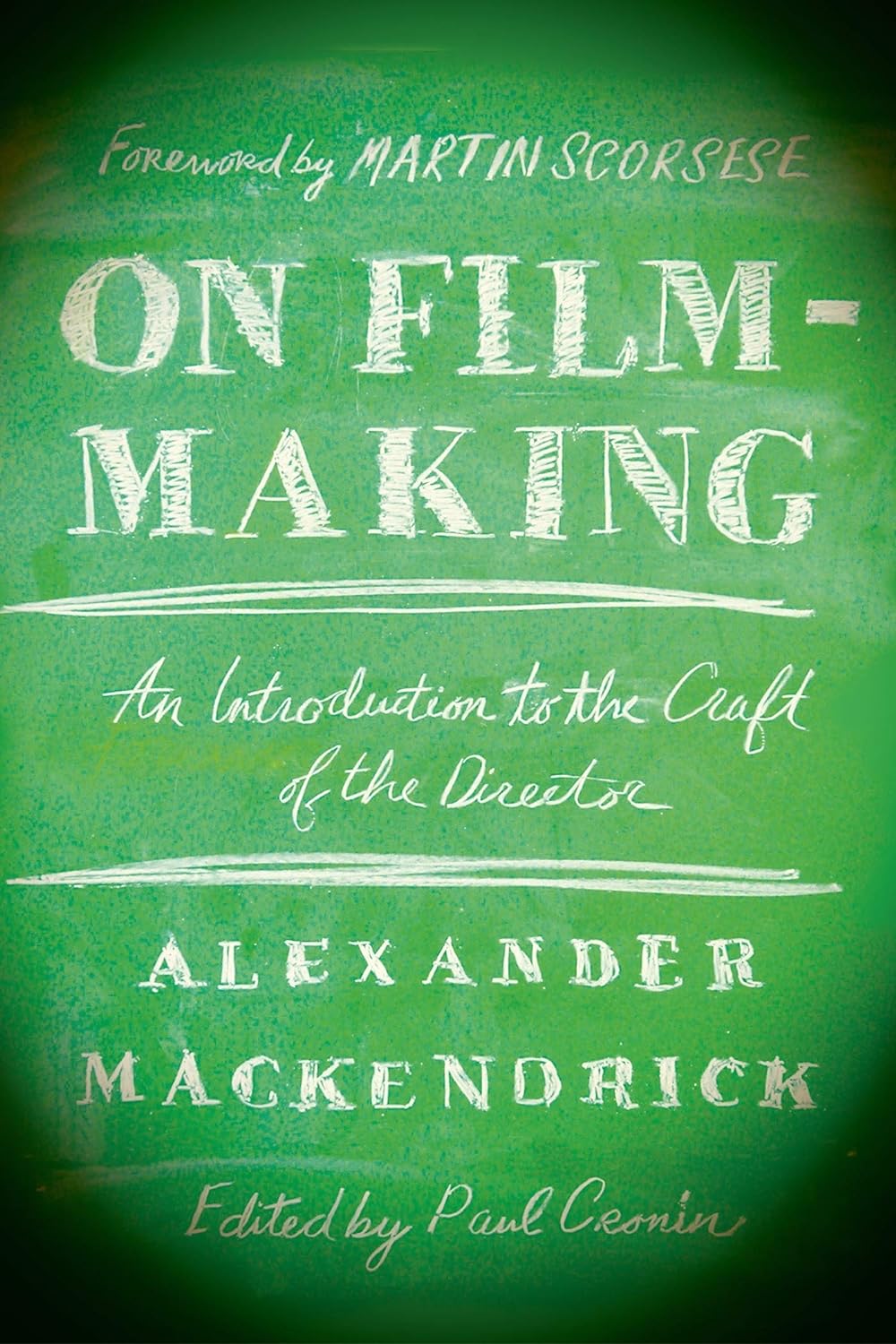
On Film Making by Alexander Mackendrick
They say this is better than film school. If you want to learn the craft of film without shedding big money on a film school education then this is the one for you. It is considered the absolute best book ever on the craft of filmmaking and it comes with a foreword by legendary Martin Scorsese. Educate yourselves on the craft of cine with this one.
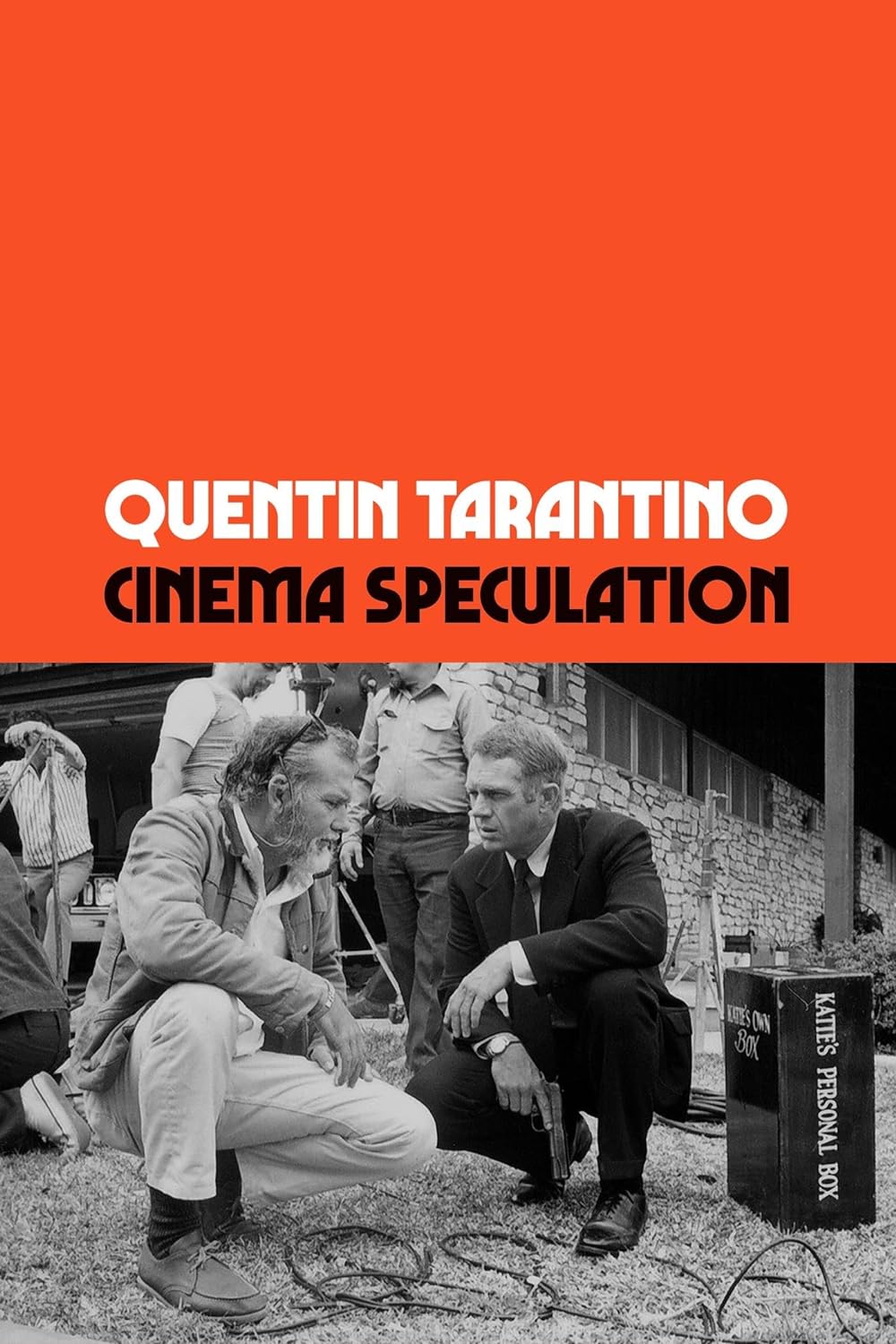
Cinema Speculation by Quentin Tarantino
Quentin Tarantino is one of the most legendary filmmakers alive. His voice in cinema is original, unparalleled and of cult appeal. In this book Tarantino bends criticism, theory, journalism, and observations from his personal history. Written with the same voice that his films have, this is as shocking and as brilliant as all of his movies. Must have for fans, but even more so for students of film.
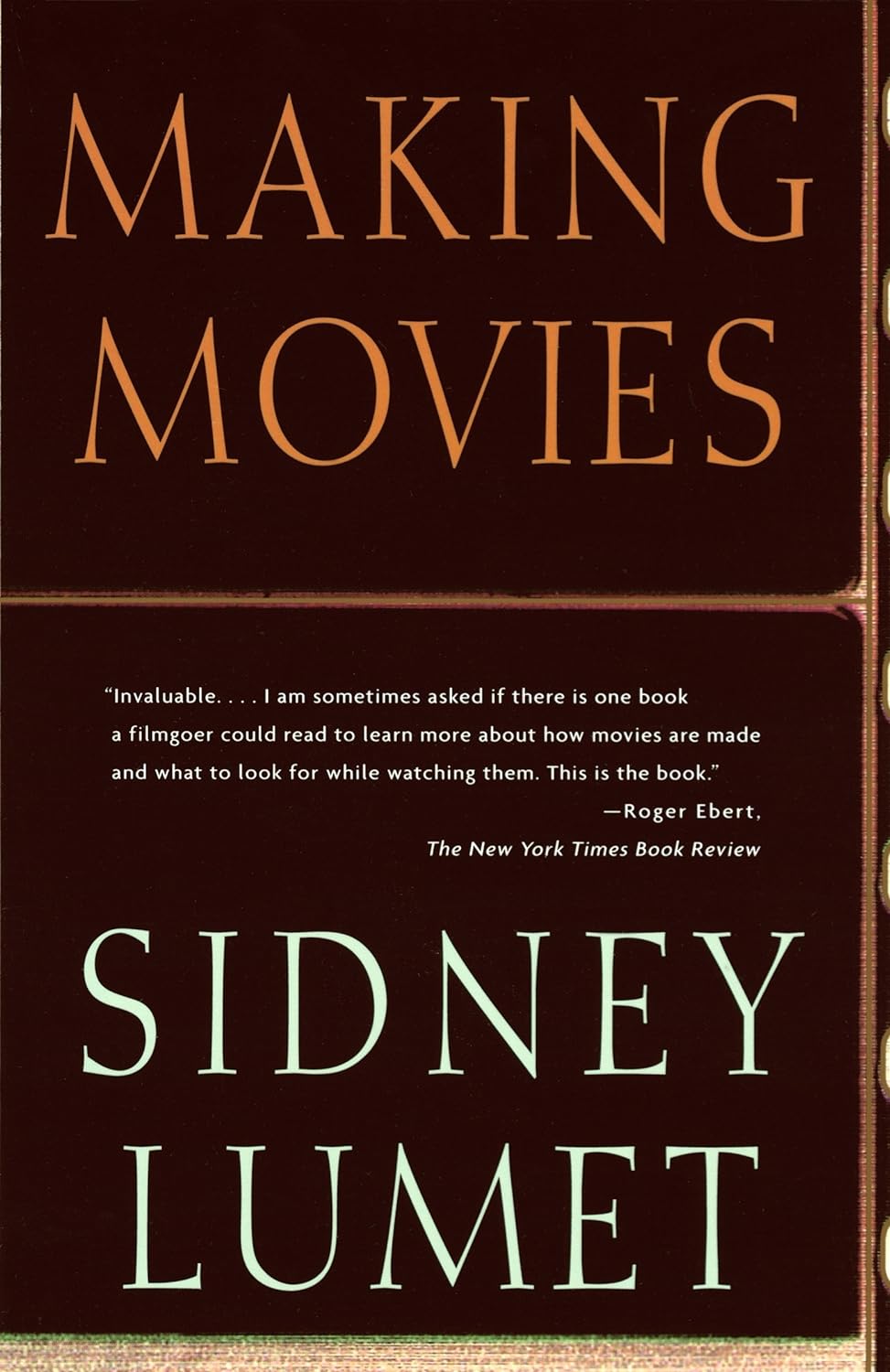
Making Movies by Sidney Lumet
Written by the Academy Award-winning American film director of 12 Angry Men, this book is a master’s take. Why does a director choose a certain script? What must they do in order to get the most out of their actors? How do prevent multiple retakes from lacking authenticity? How to shoot a hard scene involving hundreds of extras in a very populous district involving dangerous stunts? From the pre-production to the post, this book covers it all.
Pick up a book on cinema from any Kunzum store or WhatsApp +91.8800200280 to order. Buy the book(s) and the coffee’s on us.
